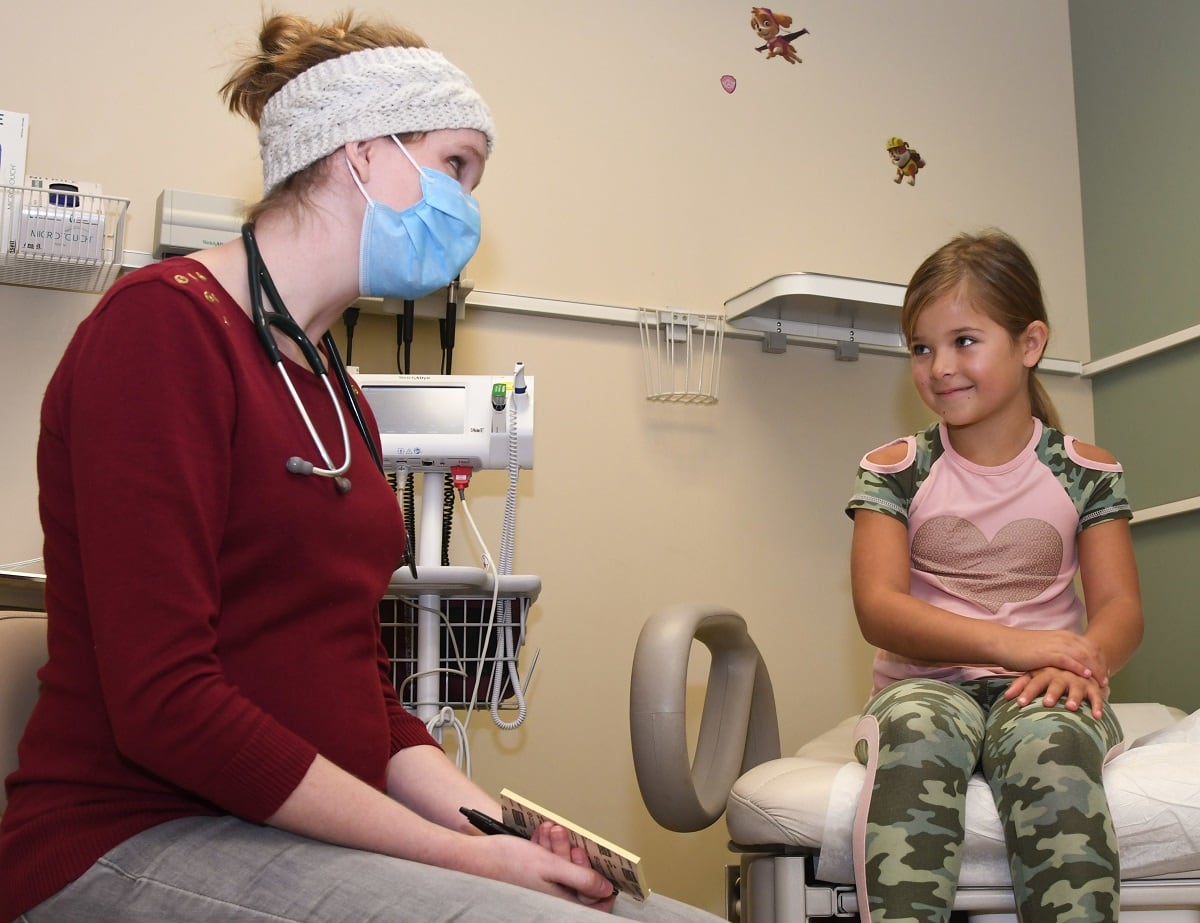Marines deploying Down Under are facing strict rules to keep their equipment clean of invasive species that might be hitching a ride to Australia. might have a tip for the next rotational force deploying Down Under to the "island-continent": keep your equipment spotless.
Marines' vehicles, aircraft and other personal gear are going through tough inspections upon arrival to ensure they're not bringing along exotic pests, weeds or diseases that can spread across the continent. The roughly 1,100 members of Marine Rotational Force-Darwin, which operates in Australia's Northern Territory, must seal any food and clean equipment and or other items they bring into the country before they arrive, said 1st Lt. George McArthur, spokesman for MRF-Darwin. The gear is then inspected by employees of Australia's Department of Agriculture.
The inspection process comes in threes: Anything from vessels, vehicles, aircraft to personal gear and food should enter pre-inspection and be cleaned and sealed, McArthur said. Usually, a person designated by the Australian department of agriculture will conduct the inspection of the gear and apply a quarantine seal prior to arrival in the region, but all gear will still be reinspected upon arrival, he said.
"There is always some biosecurity risk when dealing with international travel," McArthur said. 1st Lt. George McArthur, spokesman for Marine Rotational Force-Darwin, told Marine Corps Times in July. "However, proper inspections are one of the ways we mitigate these risks."
The agriculture department's rules are meant to prevent the spread of animal-borne issues like The biosecurity measures are meant to stop issues like is on the lookout foranimal-borne diseases like Newcastle disease and rabies, as well as fungus from wheat such as karnal bunt and rotting fruit viruses like plum pox, according to a spokeswoman for Australia's Department of Agriculture. The Australians also want to prevent and invasive pests like such as the fruit fly, stink bugs or Brown Marmorated Stink Bug and the Asian long-horned beetle from taking over, she said. [[can we attribute that list to someone or something, like according to a memo from the Australian department of agriculture? GH// >> the Au DoA spox//OP]]
It’s not uncommon any military can bring some of these items over. [[I think we need to rephrase this unless you can attribute that to someone or a report. Otherwise, I'd say something like It's not uncommon for tiny species to hitch a ride on the bottom of ships or aircraft. GH]] invasive species to be Species that are brought into new locations often lack a natural predator, so they have a tendency to spread.
If a Marine's gear Maj. Christopher B. Logan, spokesman for Marine Corps Forces Pacific, said that if gear arrives Down Under with broken seals or it's what the government deemeds to be contaminated, "then it remains would enter quarantined until Corps officials clean it and resubmit it for inspection, said Maj. Christopher Logan, a spokesman for Marine Corps Forces Pacific. where it would remain until cleaned by USMC forces and re-inspected by Australian Department of Agriculture personnel."
While the extra cleaning doesn't harm shouldn’t harm the gear or its use, McArthur said that the challenge is that the process can be time consuming as they ensure it's is lengthy — ensuring that all areas are clean and clear of debris such as soil, sand, seeds and organic matter. That can involve — and involves completely breaking down, cleaning and examining equipment to ensure it will pass inspection, and then reassembling it once it's no biosecurity threats enter, then reconstituting the gear once in Australia.
As the Corps has increased the number of Marines it deploys to Australia, the amount of gear they bring has also increased. But when rotations to the Northern Territory started, Logan said Marines have been leaving some vehicles and supply gear behind, which cuts down on inspections.
"We are looking for the most cost efficient means to support our rotations to Australia," Logan said
Australia started requiring the inspections when visiting militaries arrived on the continent in since 2009, according to an official with Australia's Department of Agriculturea spokeswoman for the department of agriculture told Marine Corps Times in an email. They has taken extra precaution when visiting militaries come to town, creating practices to ensure all aircraft, maritime vessels, amphibious craft, land vehicles and personnel "meet strict biosecurity requirements" mandated by their government, the official said. department of agriculture, the agency spokeswoman said.





